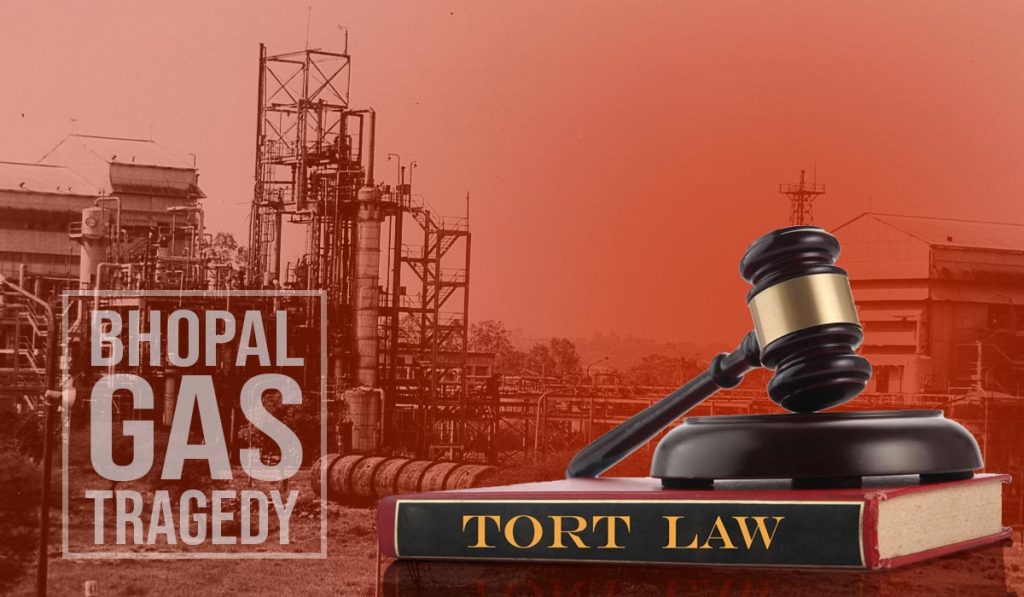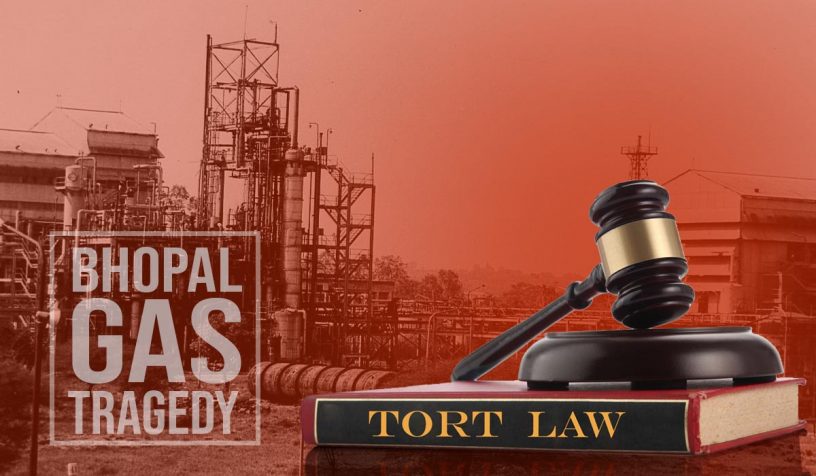
The critical epistemologies of risk provide strong empirical and normative foundations for the development of a distinct mass tort jurisprudence, says the author.
Author
Arpita Gupta, Associate Professor, Jindal Global Law School, O.P. Jindal Global University, Sonipat, Haryana, India.
Summary
The Bhopal gas tragedy essentially marked the beginning of mass tort jurisprudence in India. When the US courts dismissed the consolidated lawsuit resulting out of the Bhopal disaster and returned it to India for judicial determination, the Indian legal system was confronted with one of the biggest challenges it had ever faced.
The difficulty arising out of the unprecedented extent and intensity of the event was compounded by a lack of prior experience of the Indian legal system in dealing with mass tort cases. Bhopal brought out the inadequacy of the then-prevalent traditional common law of tort in dealing with the legal challenges posed by the case, thus, underscoring the need for modifying the existing tort law doctrine.
The most significant modification introduced to the Indian tort law in the wake of Bhopal was the dissolution of public-private law divide through the invocation of the doctrine of parens patriae and the enunciation of the principle of absolute liability.
The primary thesis of this paper is that the rationale and need underlying this dissolution of public-private law divide can be well understood in the light of critical social scientific studies on risk.
As the concept of risk is inextricably linked with anthropogenic mass disasters, the critical epistemologies of risk provide strong empirical and normative foundations for the development of a distinct mass tort jurisprudence, much needed in today’s post-modern ‘risk society’.
Published in: Liverpool Law Review
To read the full article, please click here.


